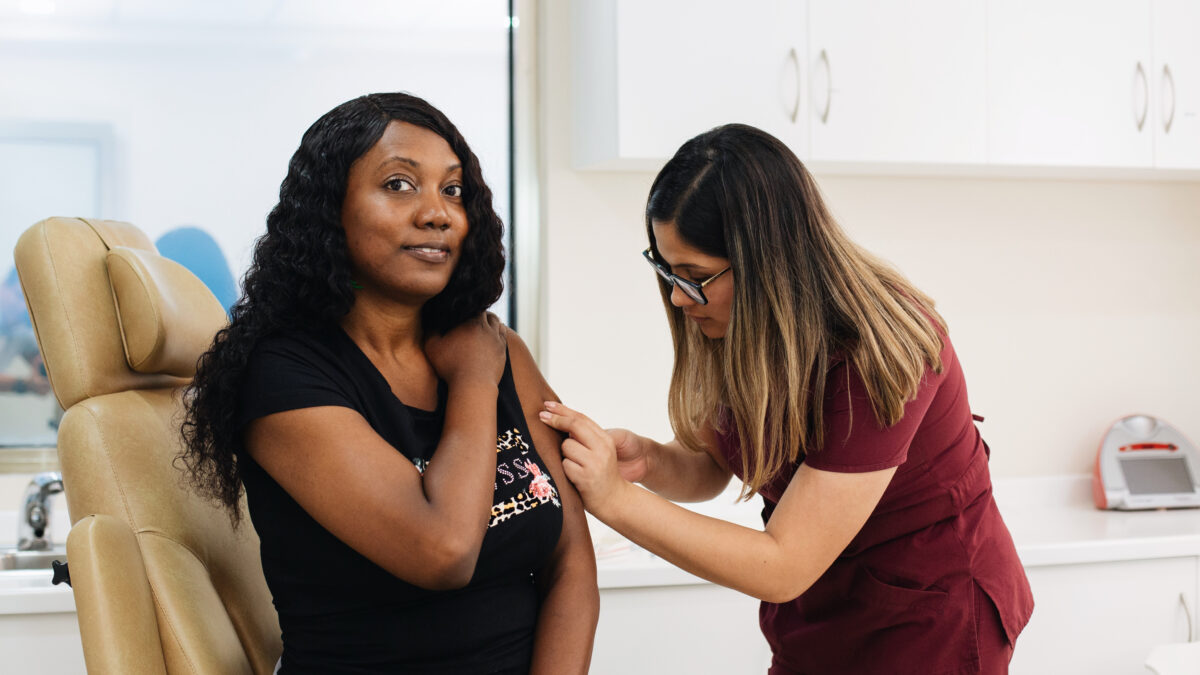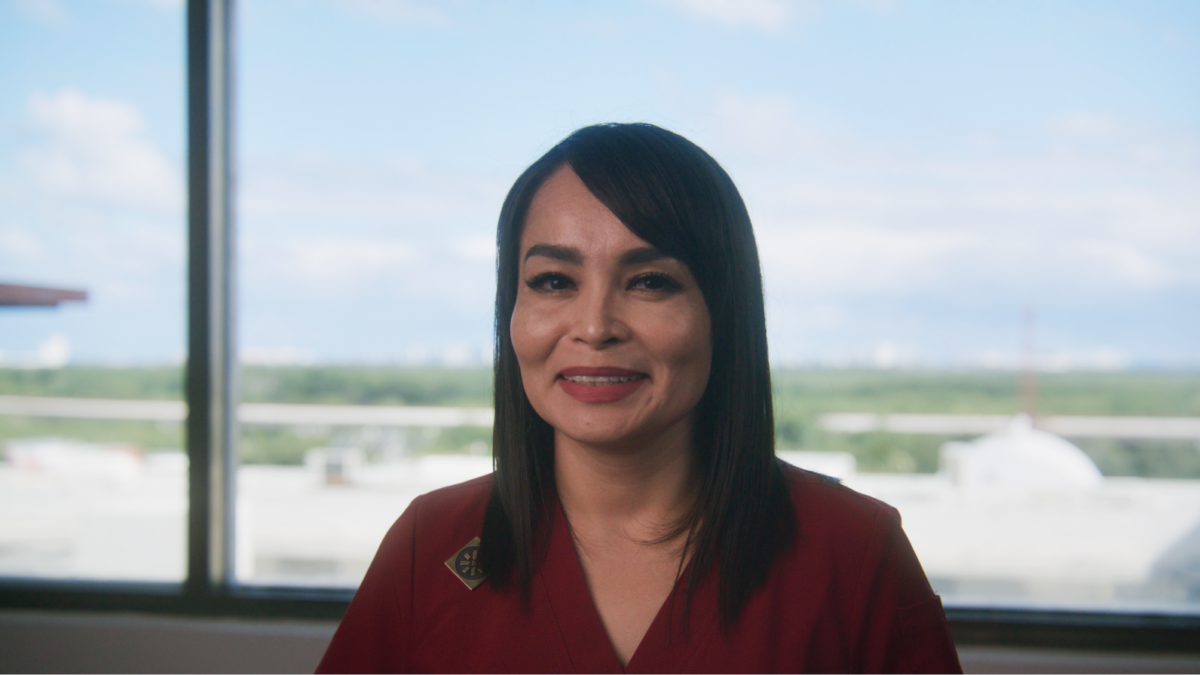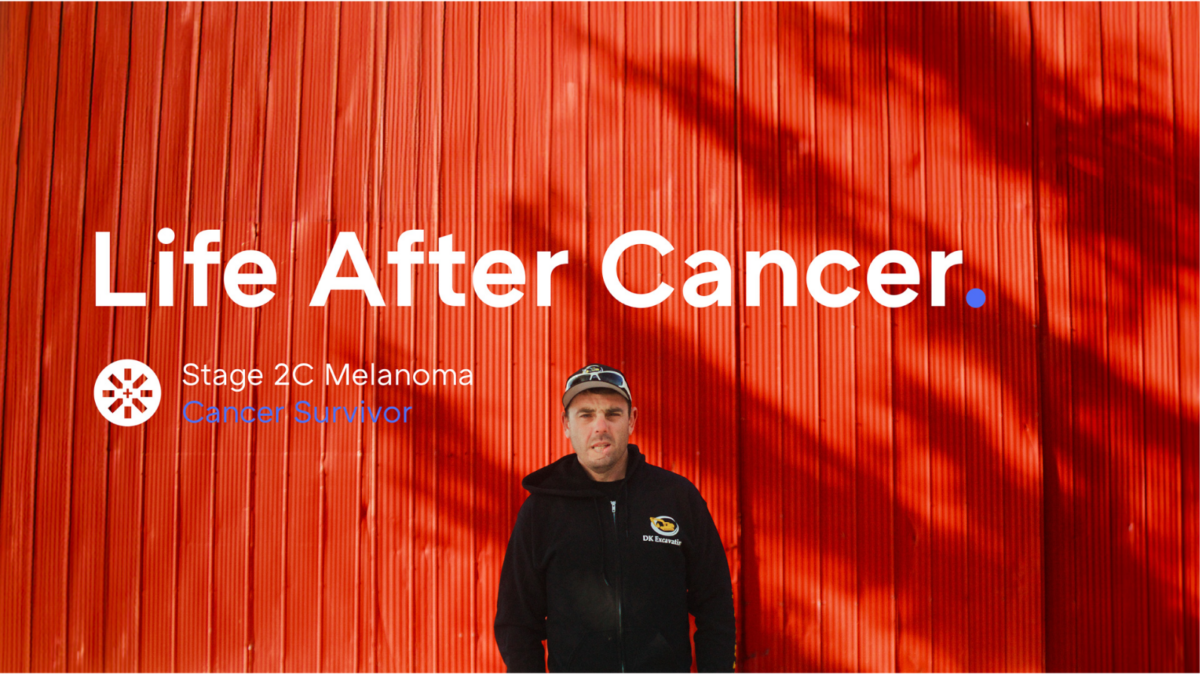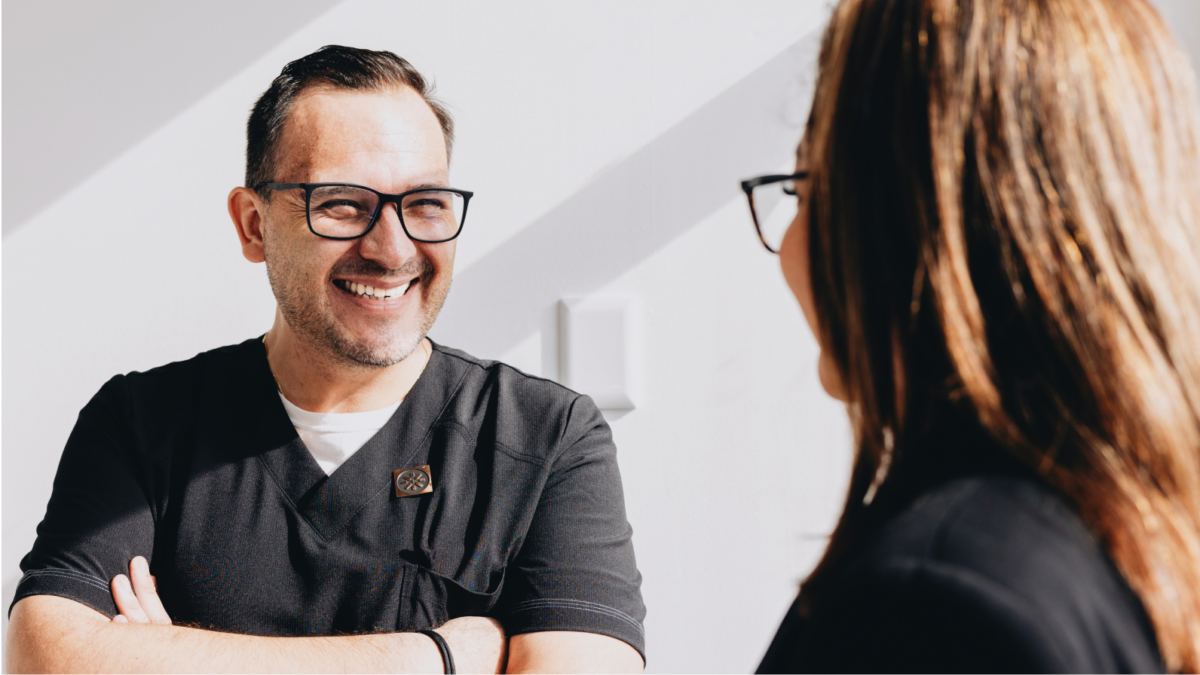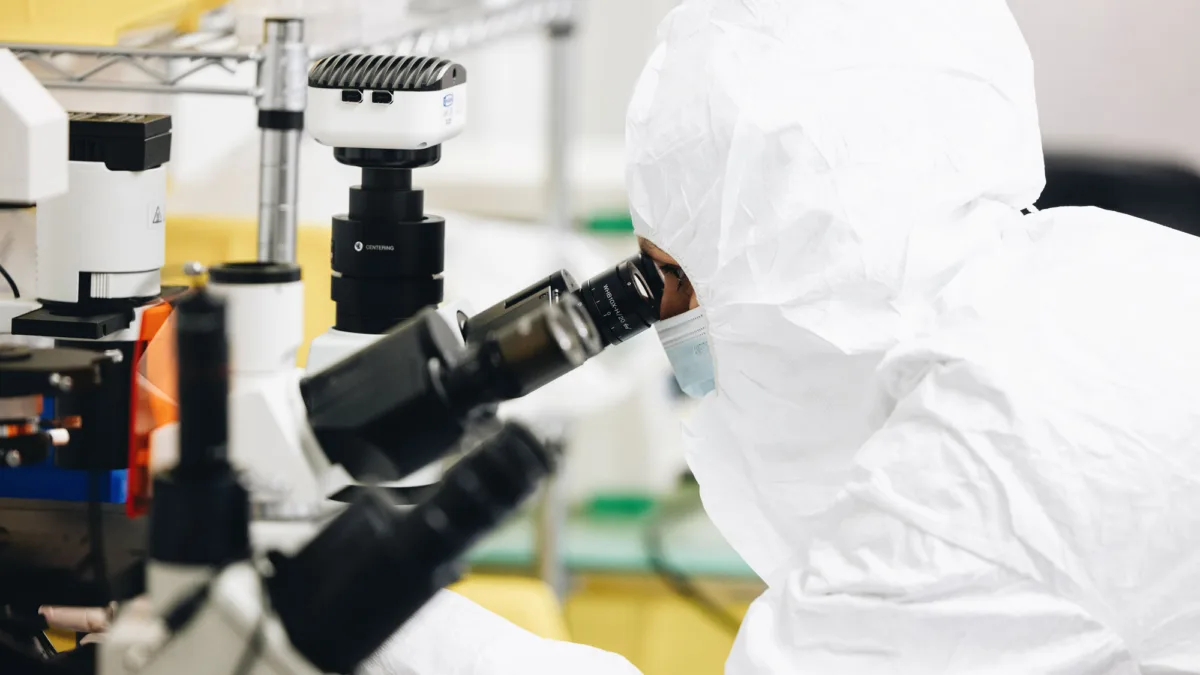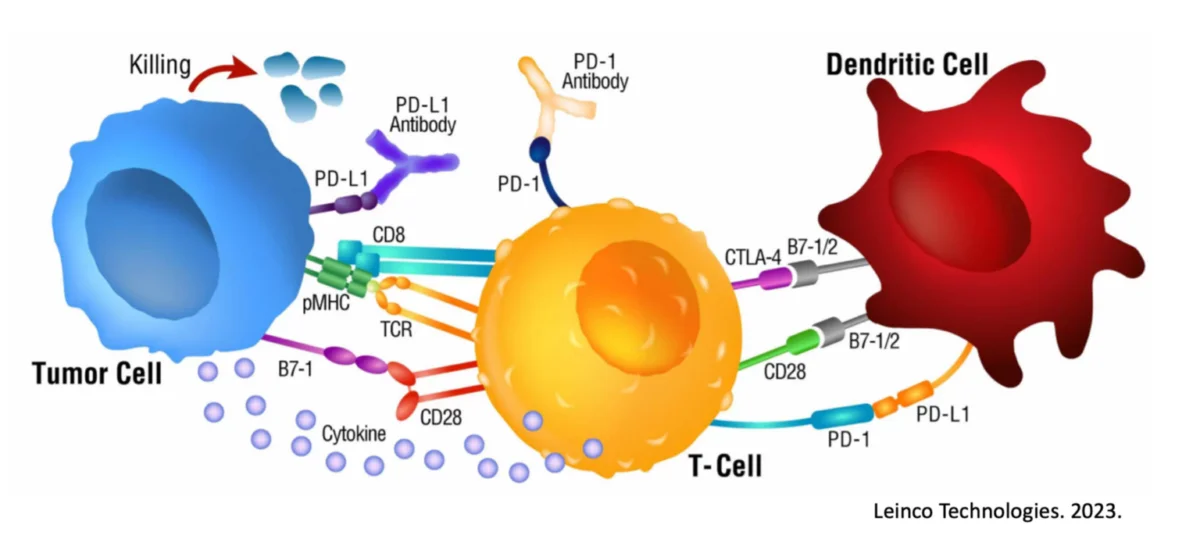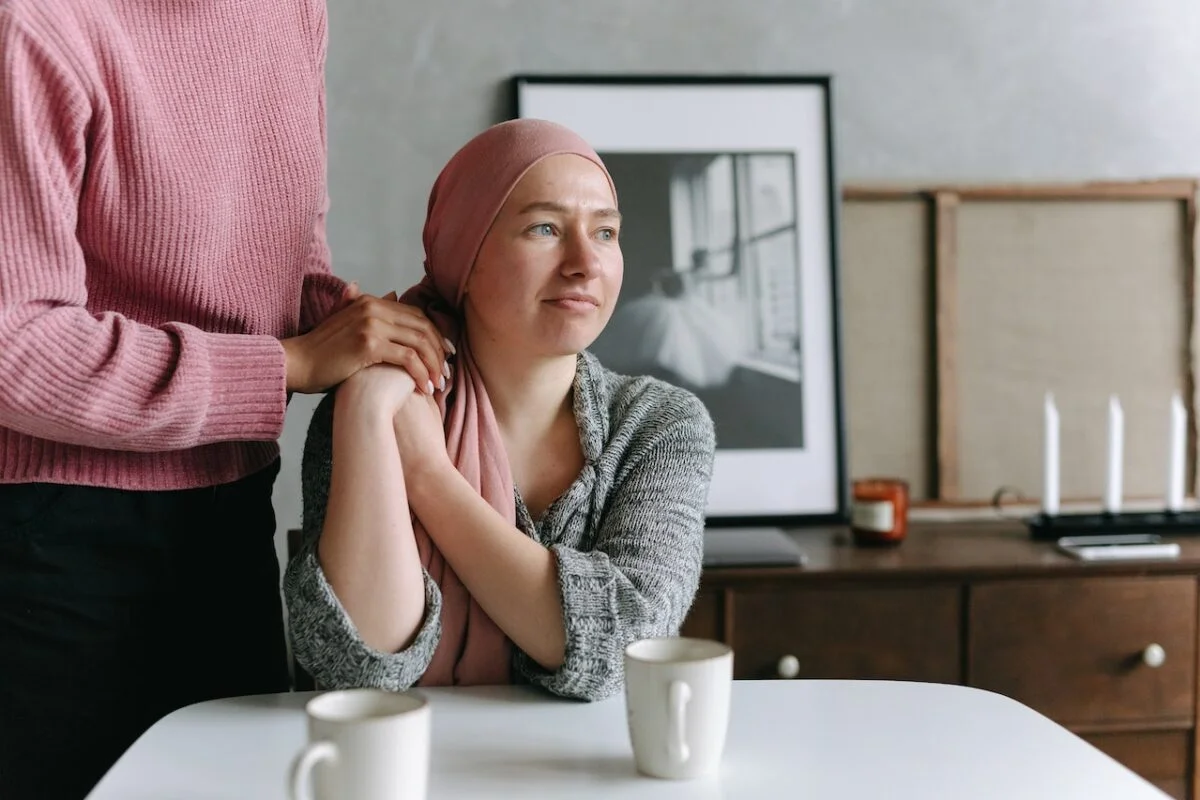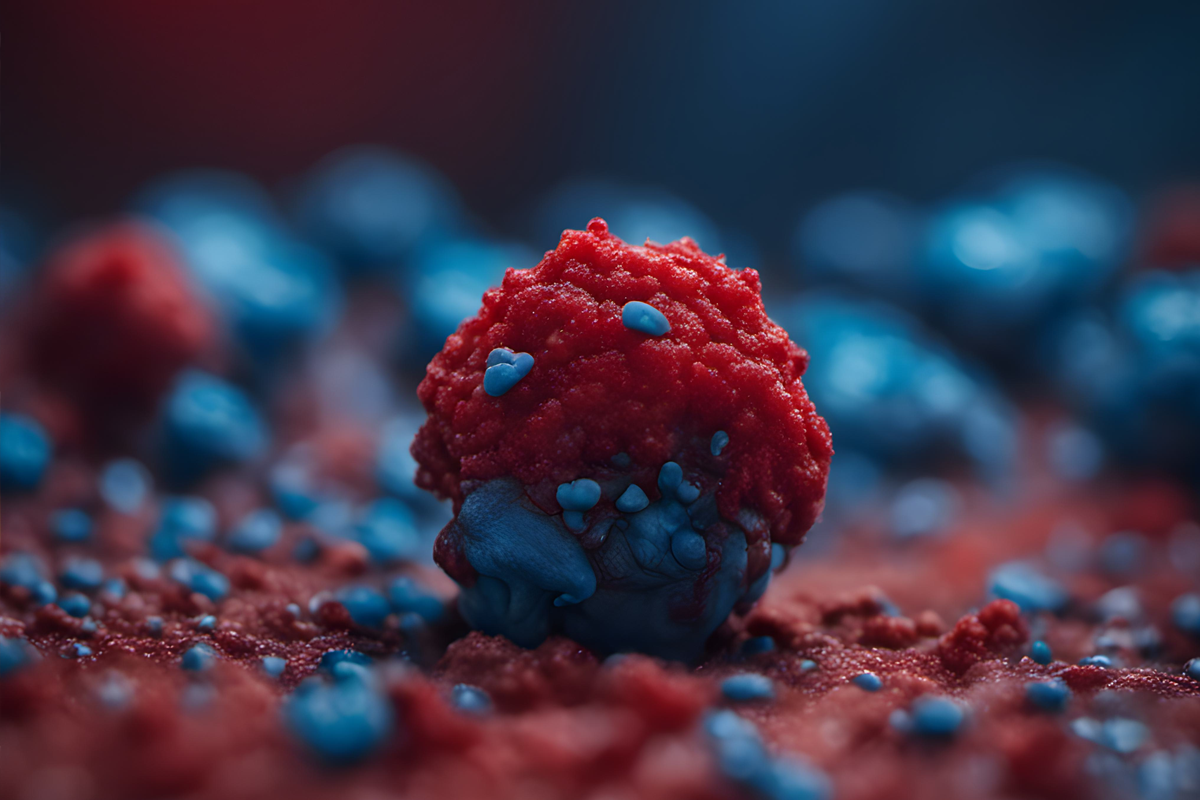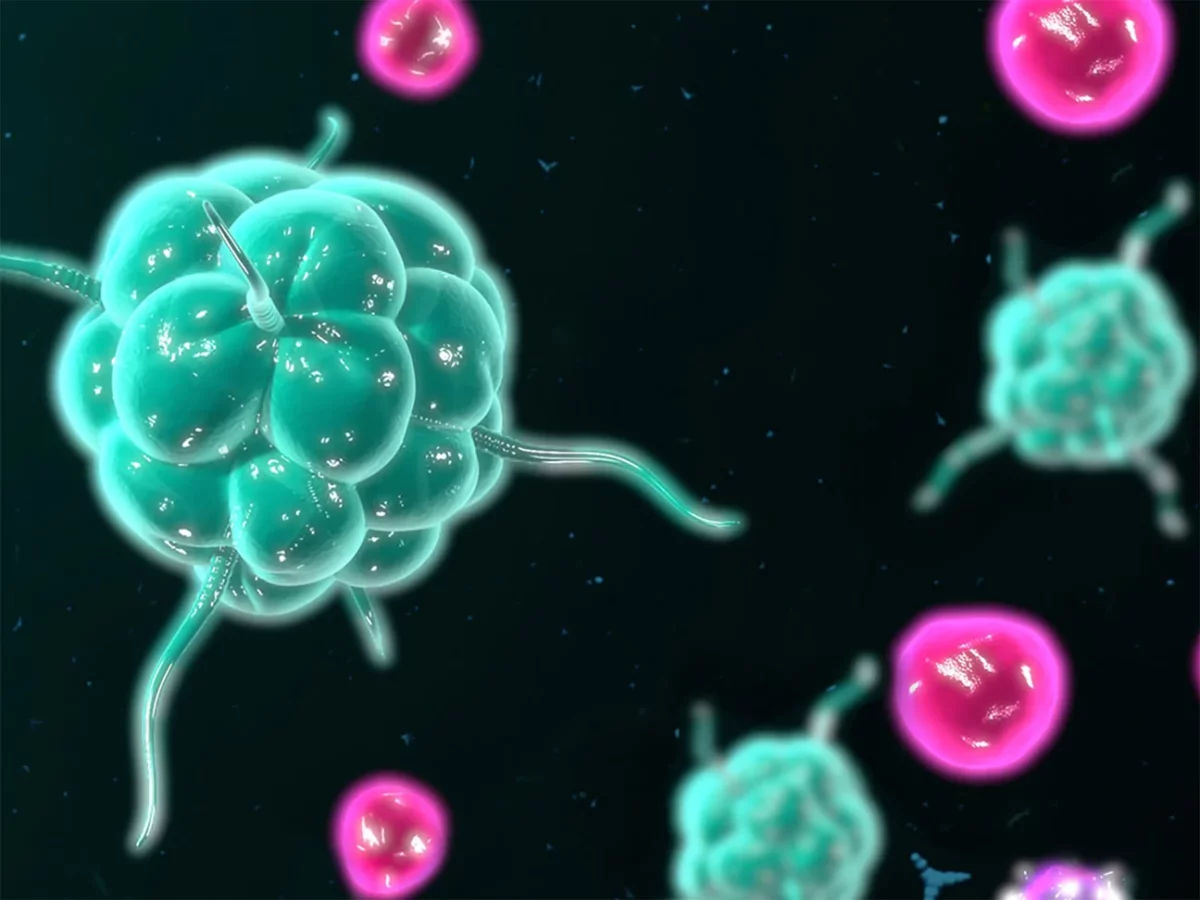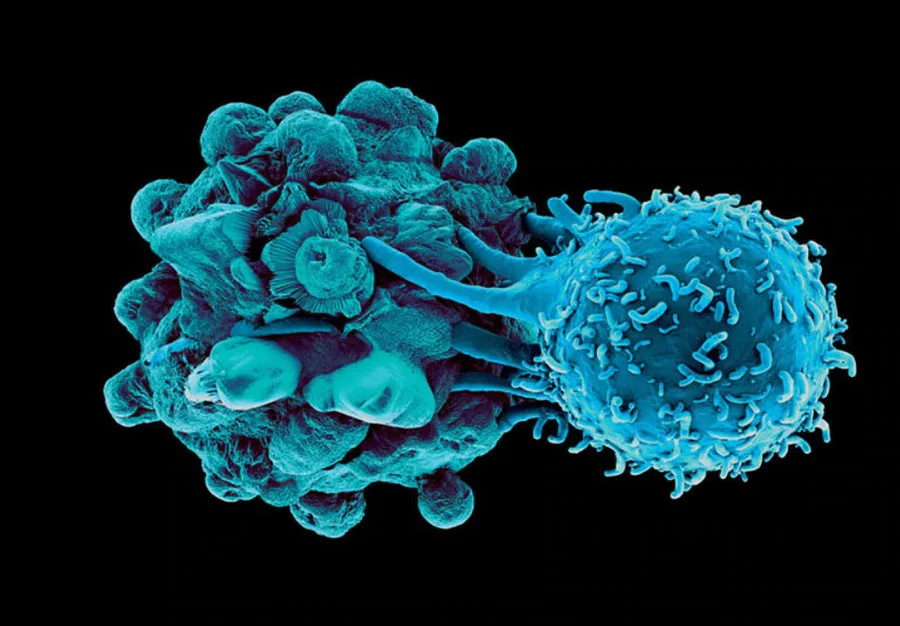Is Alternative Cancer Treatment Safe and Effective?
As we now live in an age in which information freely flows and all manners of hyperbole are available at our fingertips through our screens, it is hard to know what is “real” and what is “fake.” Patients that receive a cancer diagnosis often find themselves scouring the corners of the internet attempting to find a better treatment option or something that ensures their odds of survival, only to be met with a smattering of anecdotes, reviews on all extremes, and no real idea what path they should take.

Here, we’ll dive into a few overarching principles that should be taken into account when doing your due diligence and discuss how ImmunoCine Immunotherapy fits within this spectrum.
“Big Pharma” and the Standard of Care
People who loathe chemotherapy and radiation often opine that “Big Pharma” is to blame, and that money drives the paradigm. This is only partially factual. Though ImmunoCine has no real desire to defend “Big Pharma,” the truth is that they can only influence what Standard of Care (SoC) is, but not dictate it. In other words, they continue to pour money into developing, advancing, and promoting drugs such as chemotherapies to become approved as SoC, but are not in charge of the approving. For that, it falls to the FDA, a wide-ranging team of scientists and doctors who have no financial interest in the companies promoting their products. They are to look at the data, determine relative safety and effectiveness, risk vs reward, and decide as to whether a treatment should be the standard or even offered at all.
The amount of data they tend to require is substantial, requires years of development and research, and can literally cost hundreds of millions of dollars to get to a stage of potential approval. For this reason, usually the only entities which can afford to do that are “Big Pharma,” which is why they have a strong influence. But again, their treatment option must still meet muster when analyzed independently and more trials than not lead to FDA rejection.
The SoC in the USA is overseen by the FDA and medical field, with reasonably heavy, but usually manageable, influence from “Big Pharma” and insurance companies. This does not mean that SoC is always the right treatment for a diagnosis, but somewhere along the way it did have to pass significant hurdles to show benefit on the average. No one should forego a good SoC option (if it exists) simply because they despise “Big Pharma,” and ImmunoCine will always support conducting thorough review of all options as it pertains to a specific patient.
Standard vs. Alternative Cancer Treatments
To be transparent at the beginning, the goal here is not to denigrate either treatment category (e.g., standard or alternative), but it is important to know how these terms actually apply. We’ve reasonably covered “Standard” as a treatment that has passed the scientific and clinical rigors required by diplomatic governing bodies and that has shown a degree of reward despite the risk. Medical professionals at most major institutions are only allowed to offer the SoC, even if that means nothing more than palliative care until the end. This may seem ludicrous to some. But to be fair, many-to-most doctors are also not going to be able to tell what unapproved treatment options out there are “real” or “fake,” and thus it becomes hard to know what can be safely recommended.
The term “Alternative” to some often brings about pictures of Voodoo, witchcraft, snake oil, scams, and overall, a category not even worth review. And though this is an extreme viewpoint, it is not without merit. The truth is, there are essentially no thresholds to be met for something to be classified as an “Alternative Treatment.” Clinical trials, scientific publications, and mechanistic understanding are not required. Any person could theoretically sell “magical water” online as a “treatment for cancer,” and thus the justifiable skepticism. And a patient would be fair to ask, “If this treatment is so amazing, why wouldn’t you go through the rigors of the FDA approval process so that you could tap into the deep pockets of the insurance companies?”
But a fairer description of “Alternative Treatment” is any treatment that has not yet been FDA (or equivalently) approved. This includes real sciences and treatment options that just simply haven’t made it through the decade(s) or so of work needed to achieve that elusive allowance. Therefore, it is very important while doing your due diligence that you do not immediately throw out the baby with the bathwater. Though many in this category are unproven and “fake,” by definition the “treatments of the future” all have to begin as an “Alternative” option. The ImmunoCine request here is to dig deeper!
What Are Some Things to Look for When Researching Alternative Options?
Though there will always have to be a leap of faith of some sort, there are a few due diligence items worth checking off when researching into different treatment options that have not yet been FDA approved.
One thing a patient could look for is if a particular therapy failed a clinical trial by proving unsafe or ineffective. It’s one thing to say a treatment has not passed FDA muster, and it’s another to say it tried and was soundly rejected. When this happens, it can often “make headlines” and can be found with just a little probing. You can also go to the Clinical Trials website (https://clinicaltrials.gov), enter your search terms, apply the filters that will show ‘studies that have results’ and go through the data yourself.
Just because a person suddenly has cancer does not mean they are expected to now be a scientist or have an equivalent knowledge base as someone who may have earned an MD or PhD in that space. None-the-less, people often shortchange themselves and default to “there is no way I would understand the science or rationale anyway.” This is not true, and only requires a little bit of patience and perseverance. While it is true that it is unlikely a novice would quickly get to the point of understanding every mechanism, action, nook and cranny about a particular treatment approach, the overarching concepts should be relatively understandable and clear. And if it doesn’t meet a reasonable scientific threshold, one should seriously consider if it is worth their limited time. To understand that the immune system defeats threats all the time and merely needs to be reprogrammed to identify and fight the cancer is a relatable concept, even if a patient does not understand how each cell within the immune system exactly does that. To believe that “frequency-loaded water” is going to target and eliminate a tumor is to believe a scientific concept that has never been well studied or demonstrated. Trust your gut and set a standard.
Look for actual scientific publications and not just stories posted online. Anyone can post a story on Facebook or within a forum, but not anyone can publish an academic, peer-reviewed paper in which all data was meticulously analyzed for the purposes of rejecting the manuscript. Pubmed is a great resource to find only peer-reviewed data sets, and filters within allow you to look at either primary research in the lab, or clinical trials, or review articles on a topic. If completely new, begin with a recently published review on the overall topic (for example, Dendritic Cells and Clinical Applications), or ask the clinical group you are speaking with you to provide some background publications on the science they intend to employ.
Now at this point, there will be predominately 2 different types of groups within the Alternative Care space. One group will be essentially a ‘middle man’ borrowing science from others and offering treatment options that are not, per se, their own. The other group will tend to be the innovative force behind the scientific offering and will be offering a treatment option they know intimately. In this case, they will often include the authors (in some capacity) that are germane to several of the scientific/medical publications in that space which should provide some degree of comfort.
The purpose here is not to say that one group is better than the other, and they can both have their place. If the goal of a particular patient is to find a group with many different options, then you would be better off with the first type of group. If the goal of that patient is to find a more intensely studied and understood treatment option being overseen by the experts, then the second group would be ideal.
Look to see if the treatment option being offered as an Alternative is at least going through clinical trials. Some people might believe that the powers to be won’t allow for an “Alternative Treatment” to go through a clinical trial because it’s “too out there.” However, a quick search through the clinical trial database will show that this just isn’t true. There are nearly 200 trials to determine if “fruit” can impact “cancer,” and over 2700 trials looking at various “diets” for the same. At the end of the day, one should ask themselves “If this treatment is really so scientifically rooted and impressive, why not go through the FDA approval process to get to the large US market (currently around $250 billion a year)?” Remember, “Alternative” doesn’t mean it can’t be FDA approved, just that it hasn’t yet.
To be fair, it is expensive and difficult to conduct clinical trials and we don’t mean to make it sound as though it is just so easy. It isn’t. However, the ImmunoCine team (at least) feels that if an Alternative treatment has been around for a while and is as successful as often touted, there would be ways to have moved into regulatory trials at some point. As we all know, things tend to happen when the potential to make money shows up.
Don’t listen to the lie that “Big Pharma” won’t allow it. This is said often to stir up people’s preconceived notions against “Big Pharma” and get them to blindly ‘bet on the little guy.’ “So what if they don’t have any scientific publications or trials? Big Pharma won’t let them.” This is just false. Aside from the fact that “Big Pharma” is a collection of companies and not a single entity, and a collection that has no real power to prevent anyone else from conducting studies or trials, the truth is they love the little guy. The reality is that the “Big Pharma” companies are too big and business driven to actually create anything new, continually repackaging and repurposing the same old drugs that have been around forever. There are no paradigm shifts at that level.
For them, the smarter and more lucrative play is to allow the little guy with the Alternative Treatment to de-risk the product by conducting the studies and the trials needed, and then swoop in and purchase it. An extremely large number to the small company is often a rounding error to the large one.
A thorough medical review should be required before any group would accept you as a patient for any treatment, be it Alternative or not. There are many groups out there that will simply take you and treat you because you have cancer, almost no questions asked. This may seem simple and ideal on the surface, but a deeper thought should raise a red flag. People are unique. Cancers are unique. Staging, underlying disorders, current blood parameters, and the sort can all be unique. Thus, shouldn’t the patient be uniquely analyzed and reviewed before being recommended a particular treatment? If a group needs nearly no information from you to suggest you pay them and come for their special treatment, you should proceed with caution.
Credentials and certifications should not be hard to share. Someone without a medical degree should not oversee medical care. A customized cell therapy product should not be produced in a dirty closet. A chiropractor should not be conducting biopsies. This may seem obvious, but sometimes different groups bank on that obviousness to inhibit the patient to even ask. And it is only too late when anything sub-par here is discovered (if it is discovered).
How Does ImmunoCine Immunotherapy Stack Up in this Space?
ImmunoCine has taken all of these things into account, and many were driving forces behind the passion and urgency to set up our own treatment center. This is not to say that no one else is doing it correctly, but just to say that you can feel confident in choosing ImmunoCine and we always welcome thorough due diligence.
Scientific Rigor
The science that ultimately spawned ImmunoCine came first and is the driver of the entire venture. Our team includes authors on the many peer-reviewed publications that have been repeatedly and independently vetted, and we are happy to share those publications. Years of study that began in the Texas Medical Center and that has spread across the globe now supports the premise behind the technology.
Clinical Trials and the Standard Process
ImmunoCine does not offer this treatment in Cancun because we are avoiding the FDA and the FDA process, but rather to collaborate with US approval processes. Our technology is currently in multiple open and accruing clinical trials for hard-to-treat cancers such as pancreatic and GBM, with more to soon open. These are with prestigious institutions such as Baylor College of Medicine, UT-Health, and MD Anderson, and we always refer potentially eligible patients to these trials first.
New and Advanced Technology
When getting into the true depths of the scientific processes employed here, it becomes obvious that this is a truly new approach to creating a personalized cancer treatment. This is not something that has already failed and is now looking for a new home, but rather something that represents the future. ImmunoCine doesn’t offer a wide range of treatments, but rather one flagship technology that we understand to depths unlike any other.
Credentials and Integrity
The PhDs and scientists on the team are responsible for the scientific integrity and quality control of the product. The MDs (which span all that is needed) are responsible for medical care. The patient’s product is created in a positive-pressure cleanroom lab that is sterile, routinely audited, and follows all practices that a lab working with the FDA would follow. Procedures and more stringent medical care (if needed) are executed in partnership with the Galenia Hospital, an internationally accredited private hospital in Cancun that rivals all first world medical facilities.
True Medical Review and Customization
ImmunoCine is not a walk-up clinic and does not treat everyone. All patients must provide medical records so that our team may assess each patient on a case-by-case basis to determine safety and efficacy parameters.
Final Message
“Alternative Treatment” is merely too broad a term to cover such a category. There are treatments that would never find approval due to either a lack of safety or lack of efficacy, and there are treatments that have not been approved yet because that process takes time, but that might be perfectly safe, efficacious, and legitimate to potentially help a patient. And though we will not speak for others, ImmunoCine will always welcome a patient’s questions and due diligence when studying our treatment option for them. Please don’t hesitate to reach out when and if needed.
READ THIS NEXT
The Integration of Melatonin in Cancer Immunotherapy: Advancing Cancer Treatment Strategies
Treating late-stage cancers is one of the most persistent and challenging hurdles in contemporary medical practice. Standard treatments—th
Read MoreTeam Spotlight: Dr. Elideth Angulo, MD
A compassionate and dedicated healthcare professional, Dr. Elideth Angulo’s journey in medicine began with a childhood dream. Originally f
Read MoreOvercoming a Rare & Aggressive Kidney Cancer with Immunocine: Justin’s Story
In the prime of his life, Justin was living the life many dream of — raising three young children with his wife and staying in peak physic
Read More
